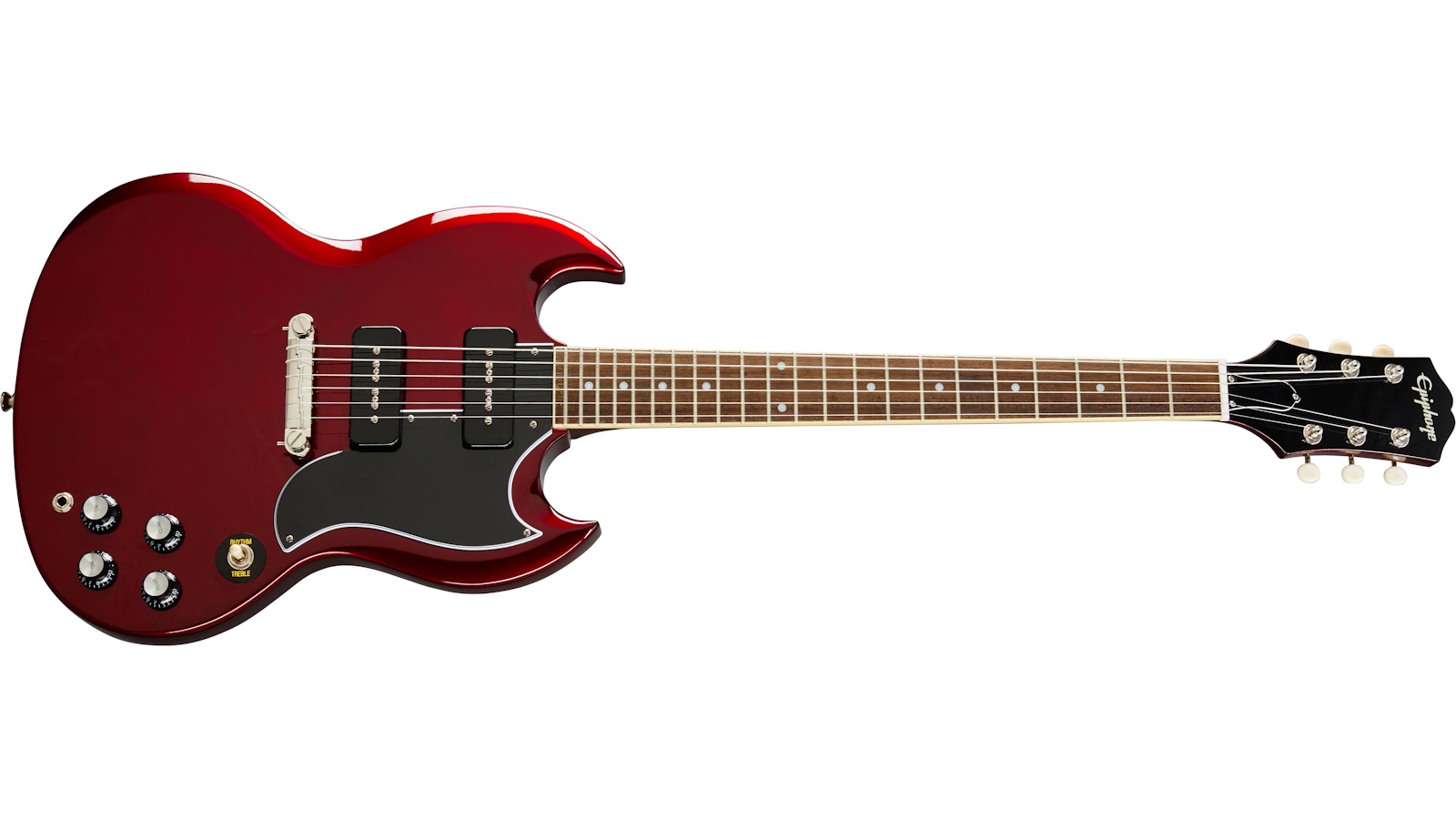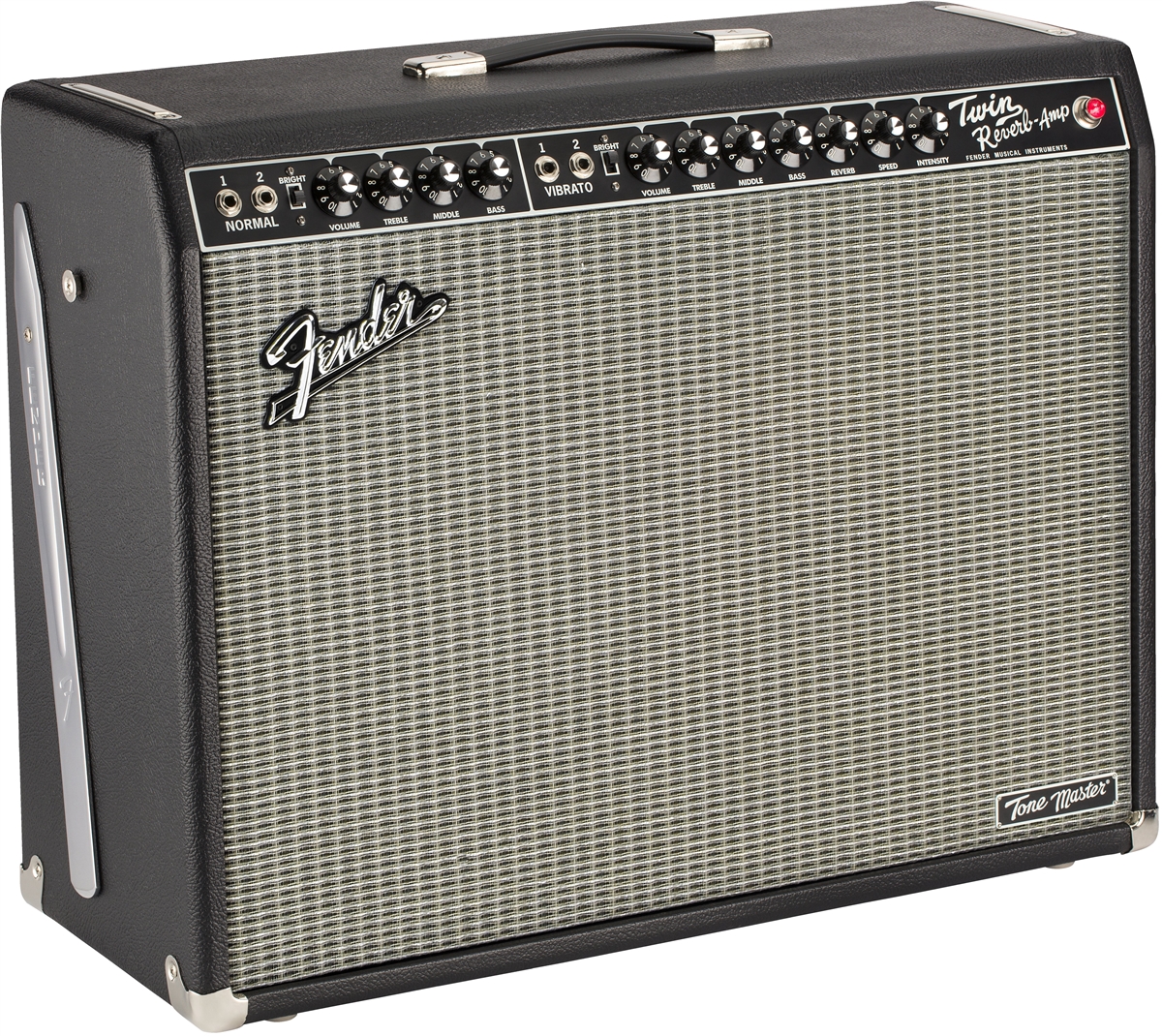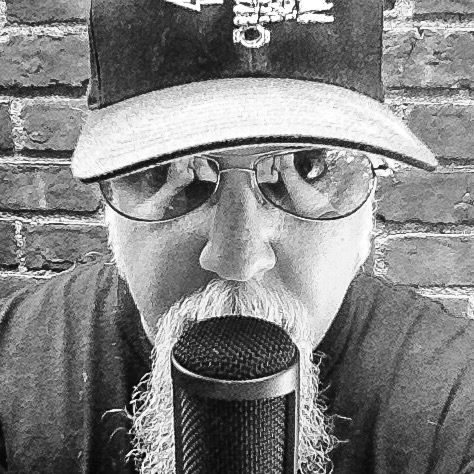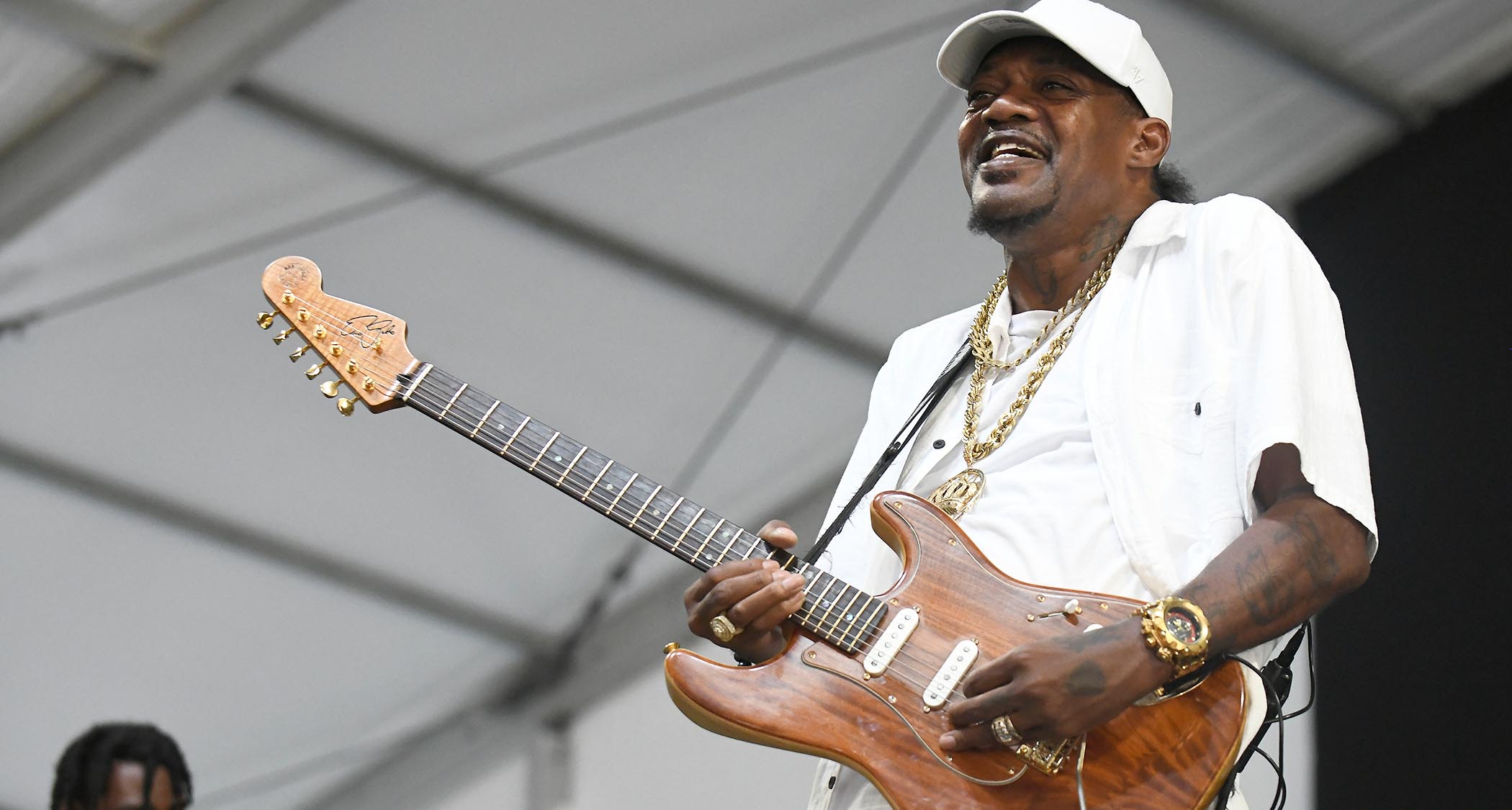The secrets behind Robby Krieger’s guitar tone on the Doors’ Light My Fire
Throw away your pick, don't change your strings: the Doors’ biggest hit is a fingerstyle feast of chords that needs warmth and a little drive

All the latest guitar news, interviews, lessons, reviews, deals and more, direct to your inbox!
You are now subscribed
Your newsletter sign-up was successful
Although the Doors were formed less than a year before recording their debut album at Sunset Sound in August and September 1966, the band quickly developed its unique sound and advanced chops from playing four to five sets a day during a residency at London Fog and as the house band at the Whisky A Go Go on Hollywood’s Sunset Strip.
Guitarist Robby Krieger immediately earned praise for his sophisticated, jazz-inspired playing, a style that he remarkably developed quickly after making the transition from acoustic flamenco and folk to electric, also about a year before recording The Doors.
After the band’s debut single, Break On Through, failed to do just that, the Doors released Light My Fire as a follow-up, which quickly shot up the charts before hitting Number One on the Billboard Hot 100 singles chart.
The album version of Light My Fire remains an iconoclastic classic, with its unusual blend of a baroque-inspired organ figure, Jim Morrison’s charismatic vocals that range from lounge lizard crooning to aggressive screams and, especially, Krieger’s deftly melodic and jazzy solo.
Thanks to Krieger’s flamenco background, he avoided the usual pentatonic blues scale clichés that defined mid-'60s rock guitar. Krieger played fingerstyle without a pick, which, coupled with his lightly overdriven tone, gave his guitar a rich, warm tone that had more in common with players like Wes Montgomery and Kenny Burrell than Eric Clapton or Mike Bloomfield.
His guitar was a 1964 Gibson SG Special solidbody with a pair of P90 single-coil pickups, which he plugged into a rented Fender Twin Reverb amp. Beyond his fingerstyle technique, another key to Krieger’s warm tone is the fact that he preferred the sound of old, dirty strings.
“I never change my strings,” he told Guitar Player magazine. “The older they get, the better they are for me. Sure, they go dead, but I like a dead sound. The dirtier, the better.”
All the latest guitar news, interviews, lessons, reviews, deals and more, direct to your inbox!
Original Gear
GUITAR: 1964 Gibson SG Special (neck pickup), Volume: 10, Tone: 10
AMPS: c. 1965-66 Fender Twin Reverb (Input: Vibrato Channel 1, Bright: On, Volume: 7, Treble: 8, Middle: 5, Bass: 2, Reverb: 2, Speed: 0, Intensity: 0) with unknown pair of 12-inch speakers, probably Jensen C12N or Oxford 12T6
EFFECTS: None
STRINGS/TUNING: Ernie Ball Slinky .010-.046/Standard
PICK: None
Get the sound, cheap!

Epiphone SG Special P-90

Fender Tone Master Twin Reverb
Tone Tip: The narrow placement of the SG Special’s P-90 pickups, with the neck pickup closer to the middle than usual, provides a slightly sharper attack critical to this song’s guitar tone. Get your chops up, too, as the bulk of the sound lies in the fingers.
Chris is the co-author of Eruption - Conversations with Eddie Van Halen. He is a 40-year music industry veteran who started at Boardwalk Entertainment (Joan Jett, Night Ranger) and Roland US before becoming a guitar journalist in 1991. He has interviewed more than 600 artists, written more than 1,400 product reviews and contributed to Jeff Beck’s Beck 01: Hot Rods and Rock & Roll and Eric Clapton’s Six String Stories.

